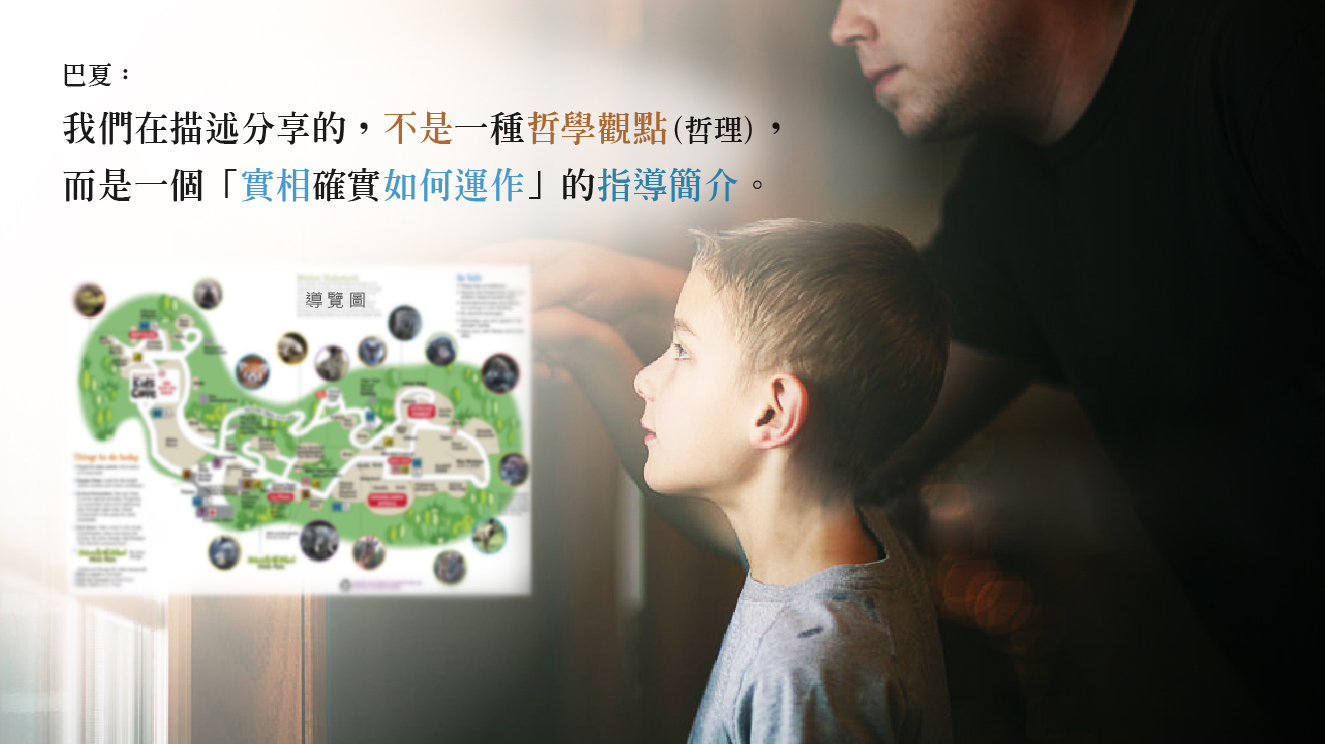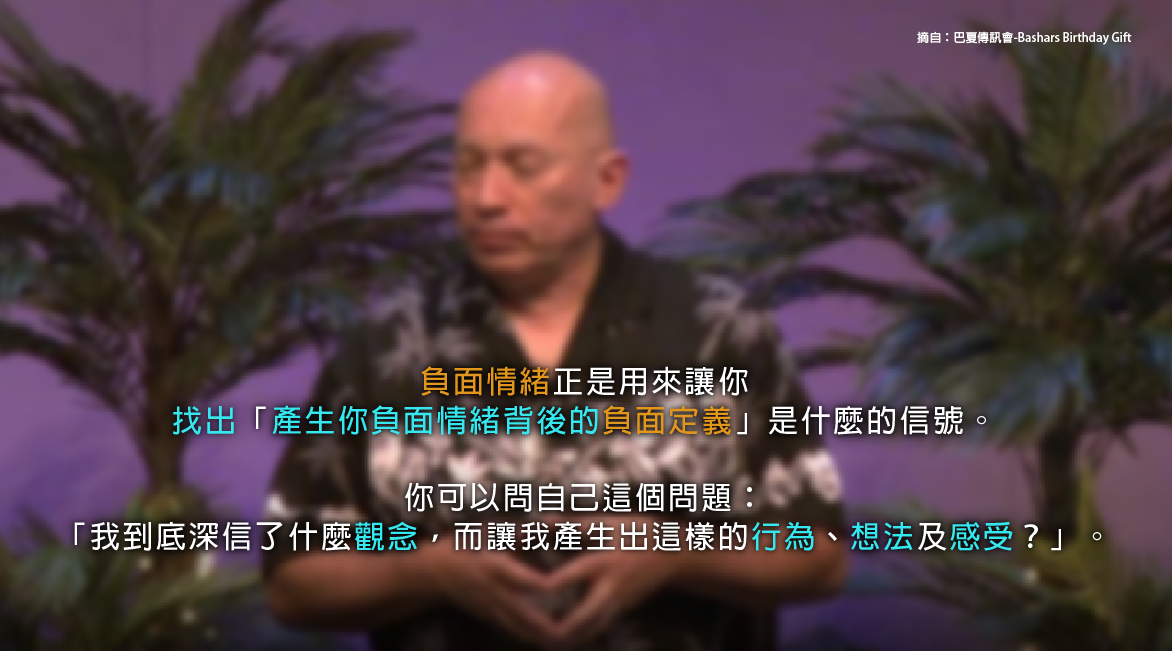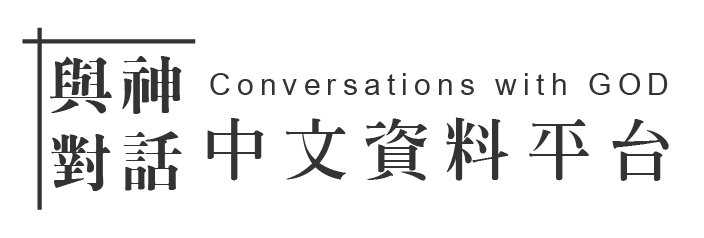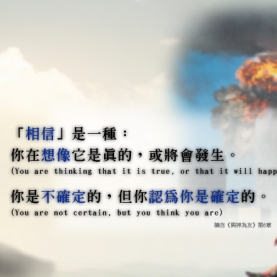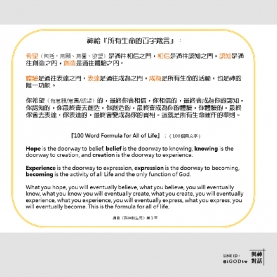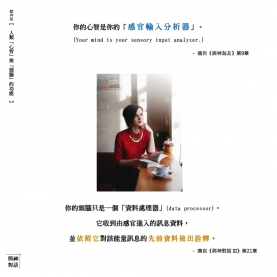觀看/下載此影片簡體中文版:https://goo.gl/5icbKA
此影片中英文內容:
【高度演化生命們(HEBs)如何運用「信念」?】 How Highly Evolved Beings(HEBs) use beliefs in their daily life?
Q: Do you all have the same beliefs?
你們(星球上的人)都擁有同樣的信念嗎?
We all have the same general knowledge of “how Existence works”.
我們對於「萬物的存在如何運作」都有相同的普遍認知。
So we can see the nature and structure of Existence. That’s what we’re describing to all of you.
所以,我們可以看到「萬物如何存在的本質和架構」。這正是我們(一直)在向你們描述說明的。
We’re not sharing a philosophical point of view, we’re actually describing an instruction manual for “how reality works”.
我們不是在分享一種哲學的觀點(不是哲理),我們在描述的只是一個「實相確實如何運作」的指導簡介。
We can see “the structure of Existence”, so we’re just describing an observation to you. It’s not really a belief.
我們可以看到「萬物存在的結構」,因此,我們只是在向你們描述一個「我們觀察到的真相」。那真的不是個「信念」。
Q: So you don’t really have any beliefs?
所以你們真的沒有任何信念嗎?
We do have belief systems that work temporarily for a variety of different reasons, if we wish to have certain experiences that belief systems have to go hand in hand with.
如果我們希望有某特定體驗,而那需要某信念系統攜手並進的話,我們的確有「能暫時為不同原因運作」的信念系統。
But it really goes beyond that, because it’s really more about “knowing”, which is above and beyond “believing”.
但實際上的運作不僅是那樣(能夠靈活運用自己的「信念系統」),因為,重點真的是在於「懂」,「懂」的效用超越並凌駕「相信」之上(「懂」的功能和有效力比「信念、相信」強大)。
Q: Okay, I have another question. Hmm…
好吧,我還有另一個問題。嗯…
Yes.
好。
Q: Sometimes when a negative emotion comes up, I just say: “Well, there must be a positive reason.”
有時候,當負面情緒出現時,我就只說:「好吧,這負面情緒會發生,肯定有它的正面理由。」
Exactly.
完全正確。
Q: Or I might say: “Well, everything is ultimately okay.”
或者我會說:「好吧,所有事情最終都會沒問題的。」
Yes. But that doesn’t mean you should ignore it or gloss it over.
沒錯。但那並不意味著你就該忽視它或掩飾它。
Because it is there for a reason, and the primary reason that you might experience, what you’re calling a negative emotion, is to find out the negative definition that’s giving rise to it.
因為,負面情緒的出現是有原因的,而你會體驗到你們稱為「負面情緒」的主要原因,正是用來讓你找出「產生你負面情緒背後的負面定義」是什麼。
Because emotions can’t exist on their own in a vacuum, there has to be a definition you’re buying into as true in order to experience the emotion that results from the definition.
因為情緒不會自己無中生出,必定是有個你信以為真的定義,才會讓你從「你對該事務的定義」所產生的結果,體驗到那情緒。
So you can use the emotion to trace it back and find the definition by asking the question: “What would I have to believe is true about myself in this circumstance, in order to feel what I’m feeling?”
所以你可以運用這(負面)情緒去追溯其源頭,並藉由這樣的問題來找出你對該情緒的定義:「我到底相信了些什麼,才會讓自己搞成這樣的境況,感受這樣的情緒?」
That’s what having those emotions are for. You own them, you acknowledge them, and you understand that they’re representative of something that you’re buying into that you believe is true.
這正是「為什麼人類會有那些情緒」的作用。你擁有它們、去承認它們,並去明白它們代表著你具有「某種你已信以為真」的東西(具有某觀念和定義,否則你不會有那情緒)。
Find out what the definition is, because if it’s out of alignment with who you prefer to be, you need to identify it in order to let it go.
找出你的定義是什麼,因為,如果它與「你所喜歡成為的你」背道而馳,你需要辨認出它,你才能放掉(改變)該定義。
And once you let it go, then your energy will change, and the emotions you experience will change.
一旦你放掉或改變該定義,你的能量就會隨之改變,而你所感受的情緒也會改變。
It always works in this direction: First, you have a definition, and you buy into it as a belief, that generates emotions, thoughts and behaviors.
它永遠是朝這方向運作的:首先,你有某個定義,而你抱持著此信念信以為真,這信念就會產生情緒、思想和行為。
So any behaviors that you deem are out of alignment with what you prefer, any thoughts or feelings that are out of alignment, you can always ask that question: “What will I have to believe is true in order to behave, think, feel the way I do?”
所以,當任何你視為與你喜歡的行為相違背時,任何與你的想法、感覺相違背時,你隨時可以問自己這個問題:「我到底深信了什麼觀念,而讓我產生出這樣的行為、想法及感受?」。
Find out what it is. That’s what the processes is for.
去找出那是個什麼樣的信念。這就是這(從情緒去發覺信念)過程的目的。
To let go of the things that are not relevant for you, to streamline yourself, to lighten yourself up, that’s what enlightenment actually means.
放掉那些「與你無關」的事情,簡化自己的生活、讓自己更輕鬆更沒包袱,而這就是啟蒙(和開悟)的真正意思。
To lighten yourself up and let go of things that are not relevant for you, to find out “Who You Really Are” at your core, what’s your essential self. “Know Thyself”, that’s the mantra.
讓自己更輕鬆更沒包袱,並放掉那些與你人生之路無關的事物,往自己的內在核心去發現「你真正是誰」、什麼是你自己的本質。去「認識你真正的自己」,這就是那些古老經典祈禱文中所說的「真言」。
